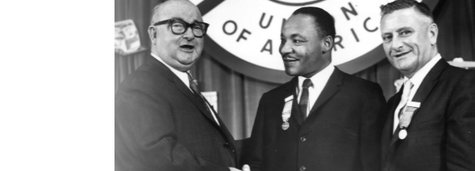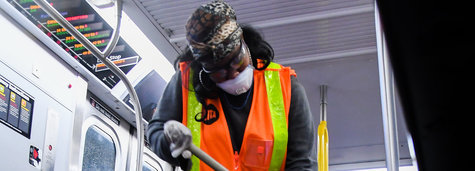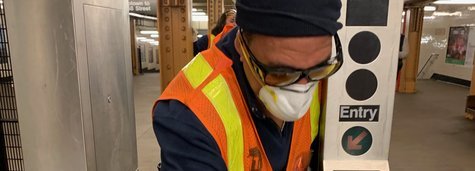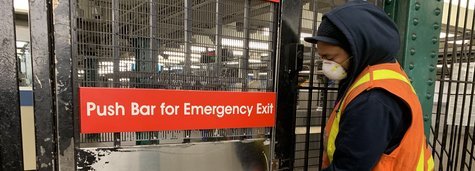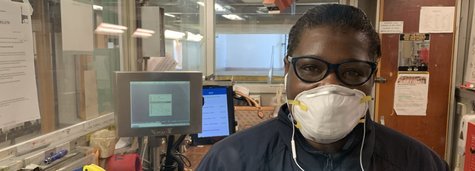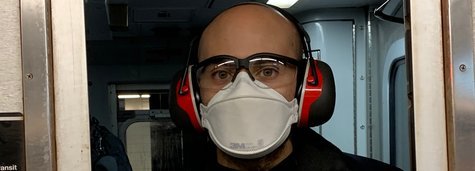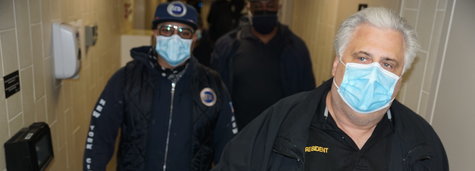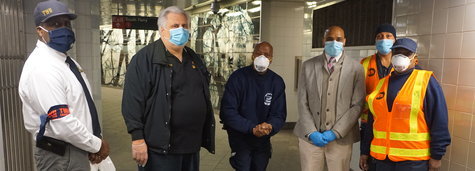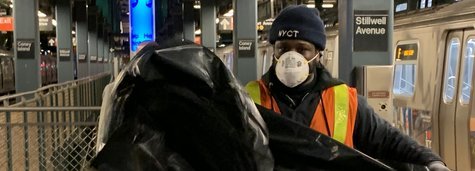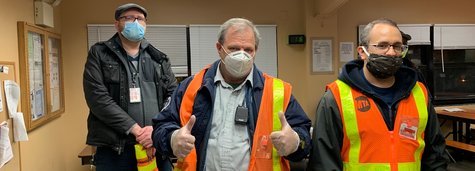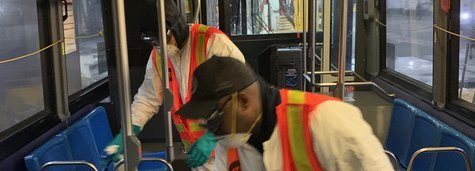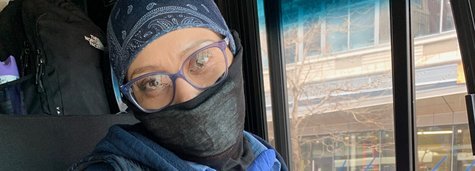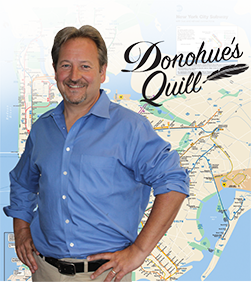A New Column: Pete Donohue's Perspective on Transit
On the other side of my family, James Patrick “Pop” Murphy, a factory machinist, was a very active “union man” who had more than a few physical confrontations with union-busting thugs. Once a year, Pop drove his wife and children, including my paternal grandmother, Florence Donohue, from Jersey City to East Durham, for a week-long summer vacation in the Catskills. Pop could stay only one night. The factory bosses didn’t grant Saturdays off.
My grandfather the miner would eventually be a safety official with the union whose duties included being the first one underground to check if dangerous gases were present. In the early years, such inspectors sometimes carried canaries in cages. If the bird died, the inspector got out of there – fast - and ensured no one went down until the gasses dissipated.
I grew up with such stories, which were infused with the understanding that any gains working men and women obtained were because of the unions that they formed and the battles that they waged – unions like Transport Workers Union that was established in 1934 by the legendary Mike Quill and other subway workers. Quill and his associates were fed up with poverty wages, 12-hour workdays and other injustices. A rebel who fought with the Irish Republican Army against British rule before coming to the United States, Quill was not a man to be trifled with. A tireless organizer, he built TWU’s ranks from an initial 400 to 40,000 in New York and 125,000 nationwide. In 1966, Quill pulled the trigger on the first citywide transit strike, which ended with workers getting a sizeable wage increase.
Now, I’ve never driven a bus or a subway train. I’ve never hauled railroad ties or welded rail deep beneath the city. I’ve been a reporter my entire adult life, including 16 years on the transit beat for the non-unionized New York Daily News. Two weeks ago, I joined Local 100’s communications department, and it feels like coming home.

